Pentagon: China will soon surpass Russia as top nuclear threat
A senior US military official says China will soon surpass Russia as the top nuclear threat to the United States, warning that the two nuclear powers have no mechanisms to avoid miscommunication.
"There's going to be a point, a crossover point, where the number of threats presented by China will exceed the number of threats that currently Russia presents," said US Air Force Lieutenant General Thomas Bussiere, the deputy commander of the US Strategic Command -- which oversees American nuclear arsenal.
"There will be a crossover point, we believe, in the next few years," Bussiere added, emphasizing that the determination would not be based solely on the number of Beijing's stockpiled nuclear warheads, but also on how they are "operationally fielded."
He further noted that unlike Russia, Washington does not have any treaties or dialogue mechanism with China on the issue to "alleviate any misperceptions or confusion."
The senior military official also alleged that China's development of nuclear capabilities "can no longer be aligned" with its public position that it intends to maintain a minimum nuclear deterrent.
Bussiere also expressed concerns over China's advances in missile technology to deliver such warheads, claiming that Beijing last year tested more ballistic missile capabilities than the rest of the world combined.
China, however, insists that its nuclear arsenal is overshadowed by those of the US and Russia, noting that it is prepared for dialogue on the issue, but only on the condition that Washington reduces its nuclear weapons stockpile to Beijing's level.
Bussiere's remarks came amid Washington’s persisting efforts to realign its foreign policy aimed at placing greater emphasis in the Indo-Pacific region to counter China's surging economic and military might.
US Secretary of State Antony Blinken expressed deep concerns about China's growing nuclear arsenal during a meeting with foreign ministers of Asian countries and partner nations in early August.
This is while the US Defense Department estimated in a 2020 report to Congress that China's operational nuclear warhead stockpile was in "the low 200s," adding that it was projected to at least double in size as Beijing expanded and modernized its forces.
The United States maintained 1,357 deployed nuclear warheads as of March 1 of this year, according to a fact sheet prepared by its own State Department.
The US and Russia remain the world’s largest holders and developers of nuclear weapons, followed by Britain, France, China, India, Pakistan, North Korean and the Israeli regime, which has not declared its possession of nuclear warheads, but does not deny having them. The regime does not allow any international inspection of its nuclear facilities either.
Pentagon official, Chinese counterpart hold talks
A senior Pentagon official met with a China's military official for the first time since US President Joe Biden rose to power in January in new efforts to manage risks between the two countries.
Deputy Assistant Secretary of Defense for China Michael Chase spoke last week with Chinese Major General Huang Xueping, deputy director for the People's Liberation Army Office for International Military Cooperation, said a US official on Friday.
"(They) utilized the US-PRC Defense Telephone Link to conduct a secure video conference," said the official, who spoke on condition of anonymity. "Both sides agreed on the importance of maintaining open channels of communication between the two militaries."
Meanwhile, Pentagon chief Lloyd Austin has yet to speak with his Chinese counterpart, “in part because there was a debate about which Chinese official was Austin's counterpart.”
Countering China remains at the heart of Washington’s national security policy for years and Biden's administration has described rivalry with Beijing as "the biggest geopolitical test" of this century.
US-China relations have grown increasingly tense in recent years, with the world's two largest economies clashing over everything from trade, Chinese Taipei, alleged human rights practices to military activities in the South China Sea.
Despite the tensions and heated rhetoric, US military officials say they have long sought to have open lines of communication with their Chinese counterparts to be able to mitigate potential flare-ups or deal with any accidents.
In a shift from his predecessor Donald Trump, Biden has widely tried to rally regional US allies and partners to help counter what the White House claims China's increasingly coercive economic and foreign policies.
Guardians of sky: How Iran’s radar network turned 12-day war into a blueprint for deterrence
The story of ancient Persia’s chromium steel
Iranian Navy chief calls for broader naval collaboration at MILAN 2026 naval exercise
VIDEO | Mini Iraq; A city in India that connects faith across borders
Pope skips America’s 250th anniversary despite Vance’s ‘in-person’ invitation
Iran condemns Israeli atrocities, ceasefire violations in southern Lebanon
US military buildup near Iran proves defeat in previous regional wars: Ansarullah
VIDEO | Declared dead, found breathing: The miraculous survival of Najwa after Israeli bombing of Gaza


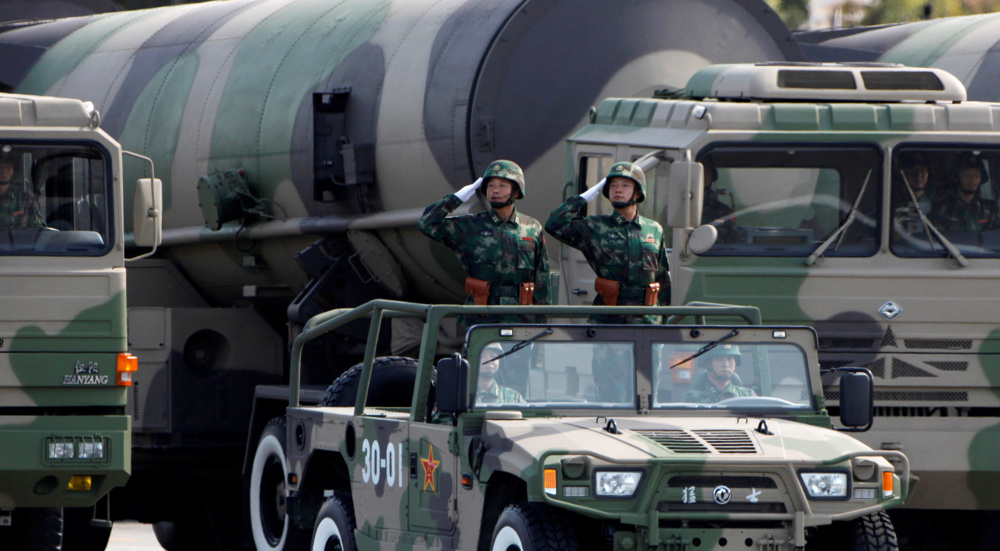
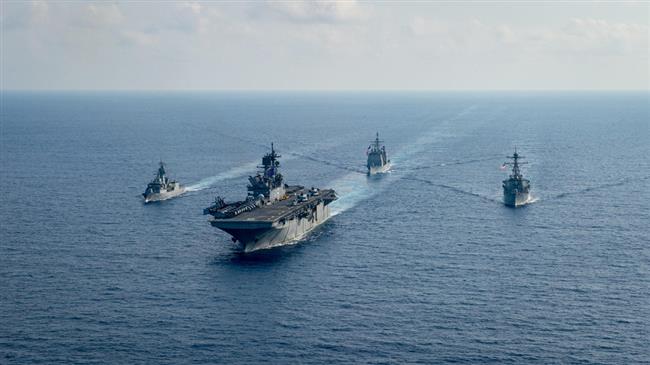
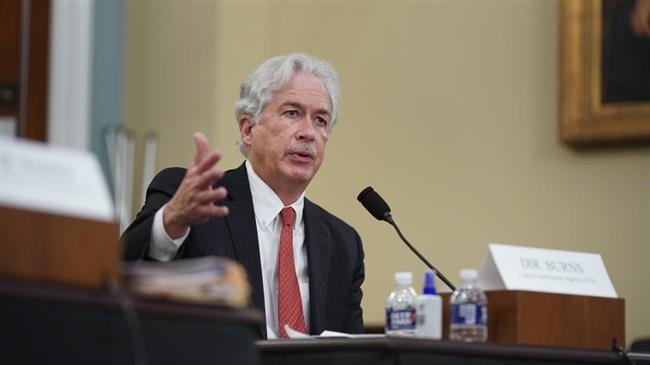
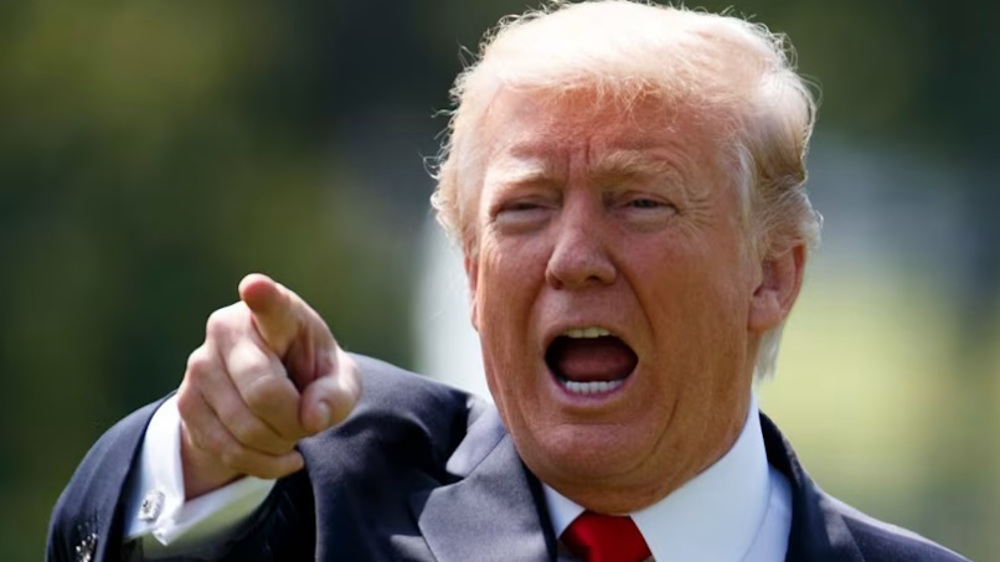

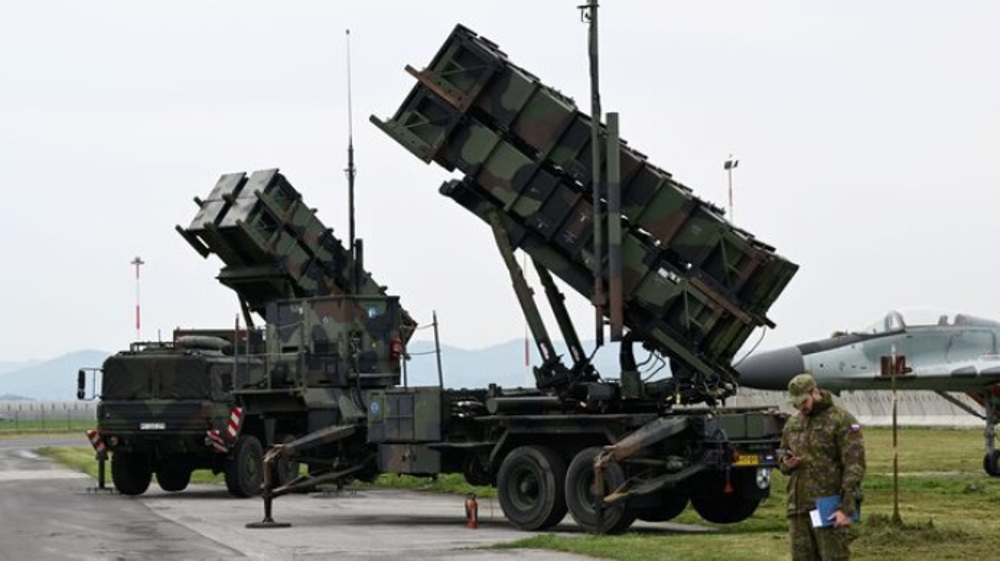



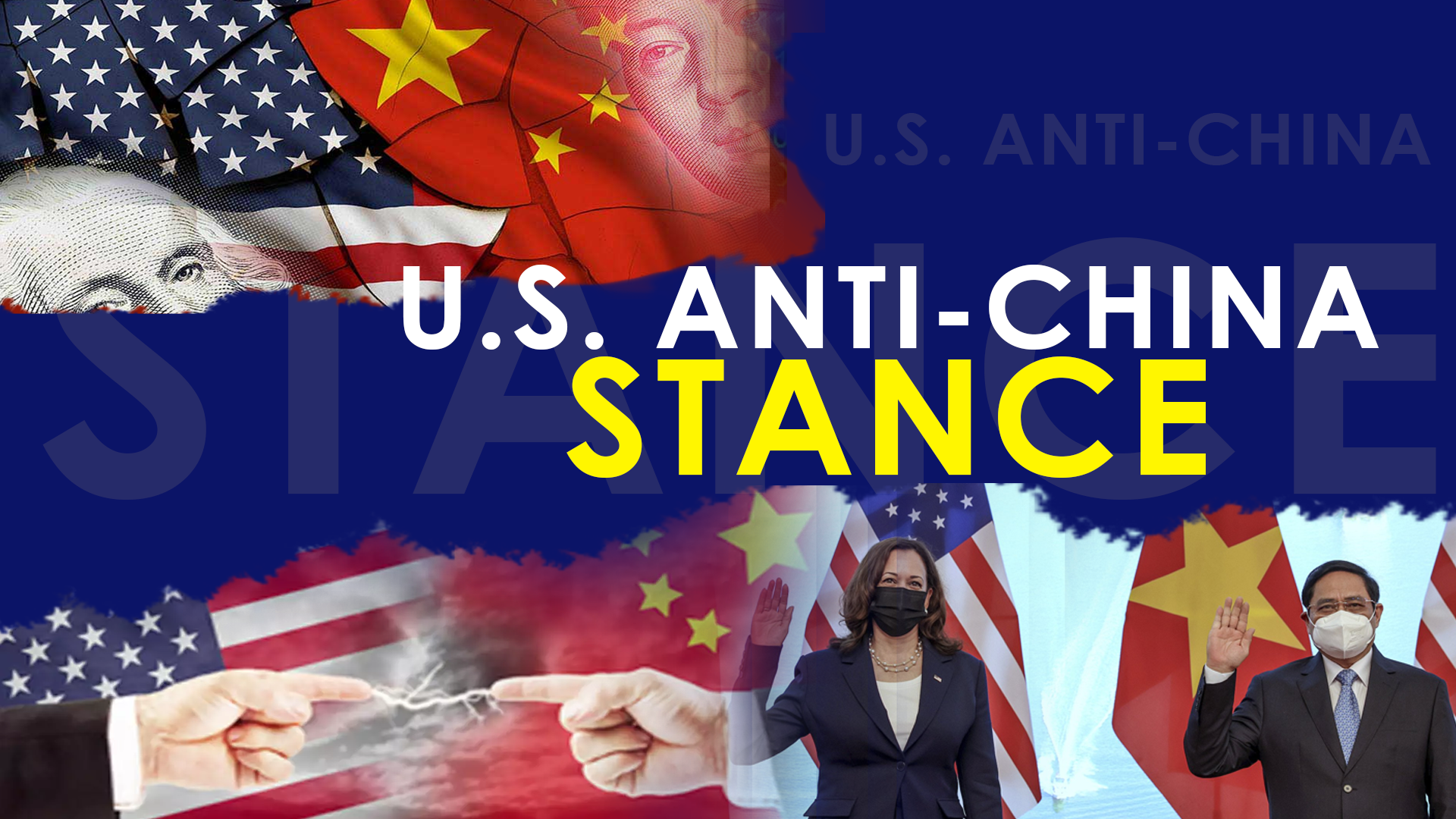
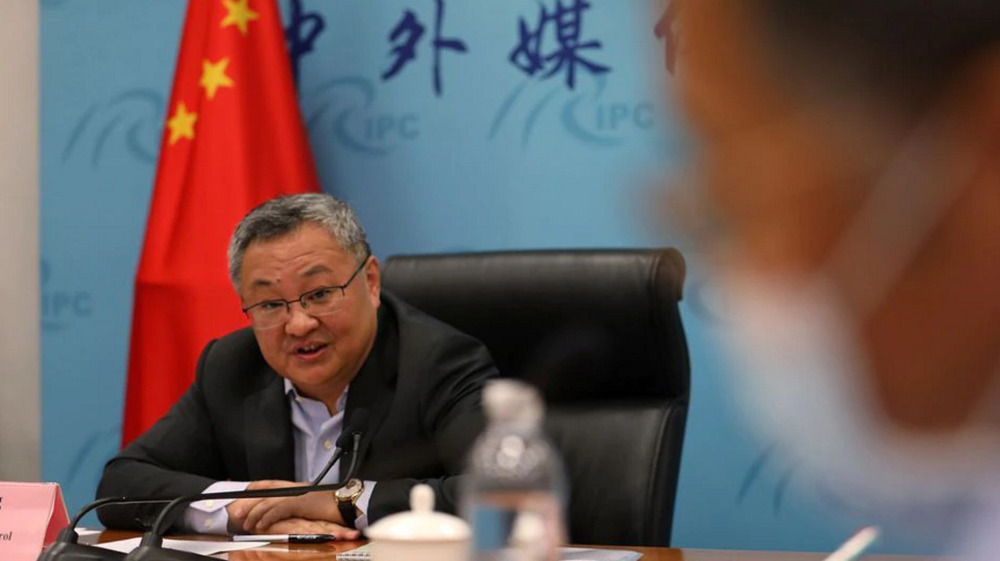

 This makes it easy to access the Press TV website
This makes it easy to access the Press TV website